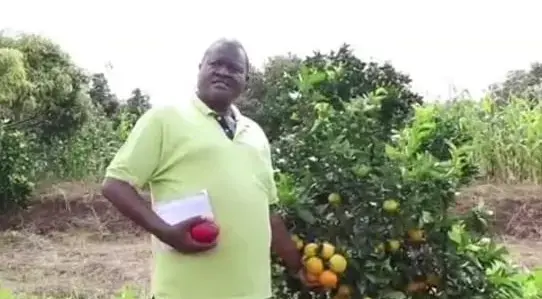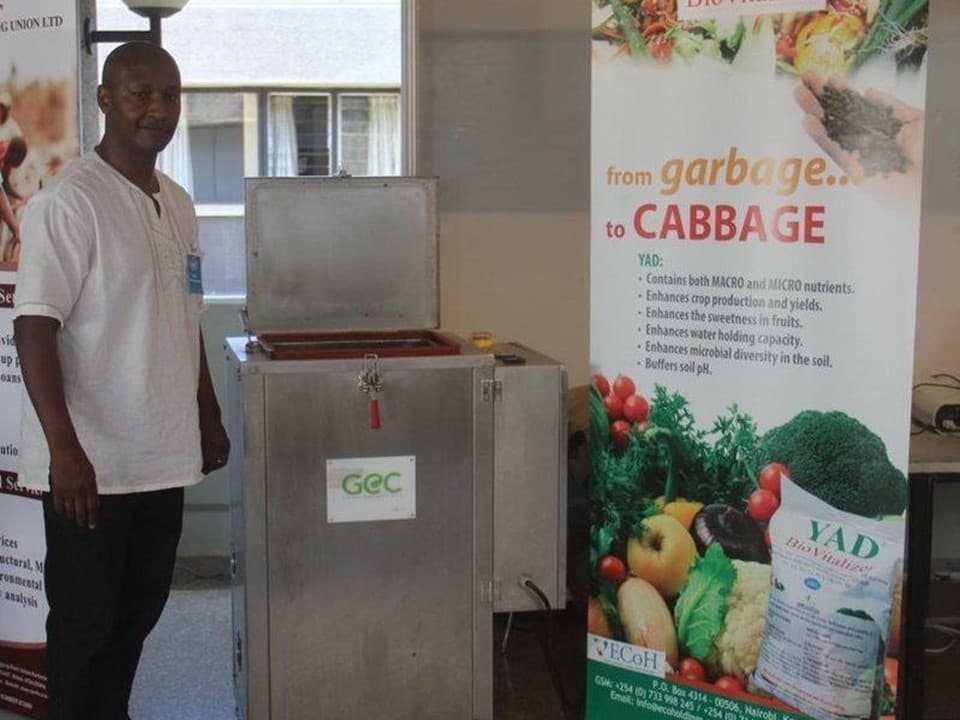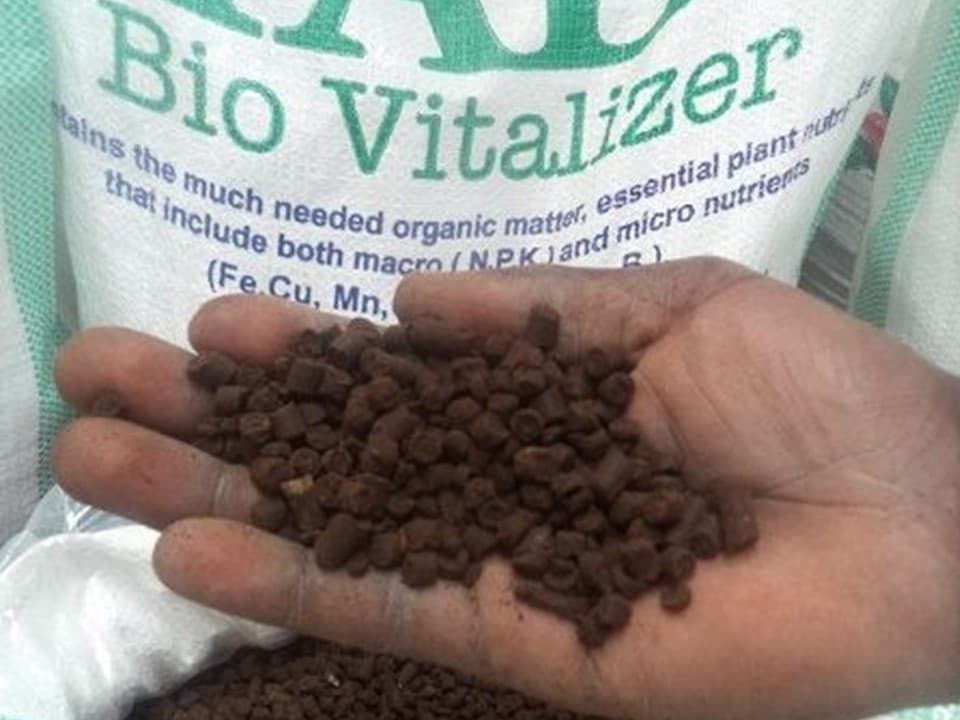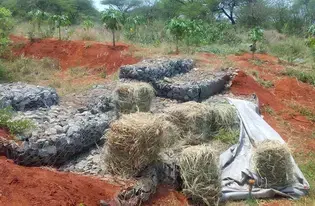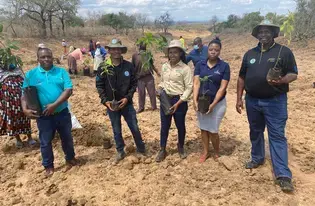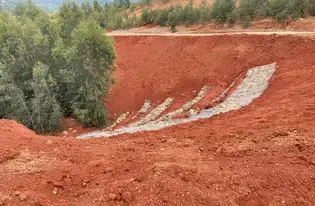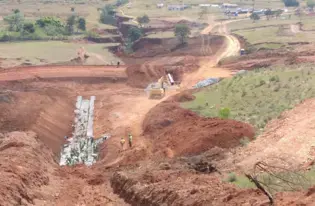Food insecurity remains a challenge for most countries in Sub-Saharan Africa. Increasingly unpredictable growing seasons, declining soil quality, and climate change are all challenges faced by many smallholder farmers, the backbone of Africa’s food supply.
Many compensate for environmental degradation by using large quantities of chemical fertilizers to maintain crop yields, but can inadvertently damage and long-term land productivity in the process. When the health of the land declines, farmers are forced to look elsewhere for new land in biodiverse ecosystems, a major cause of deforestation across Africa.
To boost crop yields and protect ecosystems from agricultural expansion, Kenyan entrepreneur Edwin Kamau and his business ECoH Holdings are working to enhance soil health by converting organic waste from markets and homes into fertilizer pellets. Kamau and his team begin by collecting organic waste, a major source of planet-warming methane as it decomposes, that farmers or partners bring to their production factory. Then, they add an enzyme that breaks the waste down into compost after 28 days. Once this process is complete, a machine sifts the product into a fine powder and forms the powder into compost pellets containing 70% dry matter and 20% organic carbon that farmers apply to restore their fields.
The company has found success in local markets and within East Africa . ECoH Holdings sells their organic fertilizer pellets to over 450 farmers, the majority of whom operate at a small scale of 1-10 hectares. After using the fertilizer pellets, these farmers experienced an average 25-35% increase in crop yields. In 2020, ECoH Holdings reported $119,330 USD in revenues, which they project will double in the coming years, and currently employs 8 permanent staff and 5-20 seasonal employees.
ECoH Holdings maintains clear plans to expand the reach of their work. Kamau’s top priority is to increase their production capacity at the factory by expanding its size and machinery. In the last several years, Kamau has revolutionized his production process by deploying a technique using a fermented enzyme to convert waste to compost within 24 hours.
To get the new 24-hour process fully operational at a large scale and increase their reach to 1,000 farmers, Kamau is seeking interested investors and business opportunities. By supporting the local economy and encouraging organic solutions, Kamau’s work shows that higher crop yields and a healthy environment can go hand in hand for Kenya’s farmers. As the company's slogan says, it's time to build a circular and green economy that goes "from garbage to cabbage."
